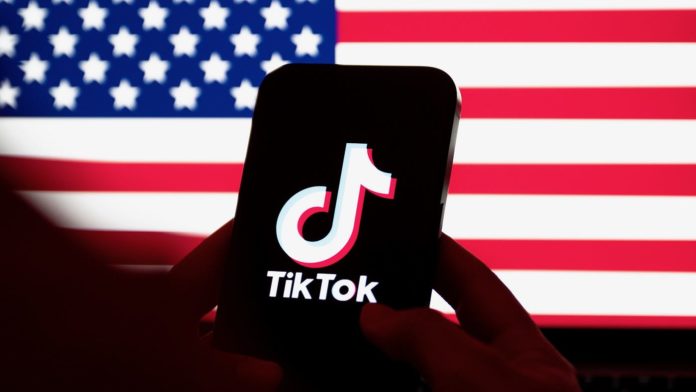In the past year, policymakers in the U.S. have intensified their endeavors to limit access to TikTok, the widely-used short-form video platform owned by the Chinese firm Byte Dance, citing concerns about security risks. Although initial opposition to China played a role in the bill’s introduction, journalists, experts, and social media users have highlighted various incidents since October, suggesting that the resurgence of the bill also involves concerns related to pro-Palestinian content.
On 13th March 2024, the bill, which passed in the House by a 352-65 vote, required that TikTok be sold to an American company or face a ban in the U.S. To become law, it still needs to be passed by the Senate, which the Biden administration has been pushing to happen quickly.
In the past year, policymakers in the U.S., Europe, and Canada have intensified their endeavors to limit access to TikTok, the widely-used short-form video platform owned by the Chinese firm Byte Dance, citing concerns about security risks.
TikTok faces bans primarily due to concerns regarding its Chinese ownership and potential data security risks. Lawmakers in the West worry that TikTok and its parent company, Byte Dance, could compromise user data, including location information, by potentially sharing it with the Chinese government. This concern stems from Chinese laws allowing the government to demand data from domestic companies for intelligence purposes.
Although initial opposition to China played a role in the bill’s introduction, journalists, experts, and social media users have highlighted various incidents since October, suggesting that the resurgence of the bill also involves concerns related to pro-Palestinian content.
Furthermore, a significant donor for Mike Gallagher, the Republican congressman behind the bill’s introduction, is the American Israel Public Affairs Committee (AIPAC). It could be argued that the pro-Israel groups’ objective isn’t to outright ban the social media giant but rather to facilitate the purchase of the application by a pro-Israel entity.
Moreover, Former U.S. Treasury Secretary. Steven Mnuchin who was working under the Trump administration has also revealed that he is building an investor group to buy TikTok.
“This should be owned by U.S. businesses,” Mnuchin said. “There’s no way that the Chinese would ever let a U.S. company own something like this in China.”
Interestingly, in January 2024, Mnuchin came to Israel on a business trip for the first time since the October 7 Israel-Hamas war with his business partner, former US ambassador David Friedman. The two men started the Liberty Strategic Investment Fund in 2021 and have an office in Tel Aviv. The fund is worth $3 billion, of which it has invested 30% so far, Mnuchin stated. He also said during his visit that he is in Israel to put more money into Israeli tech.
The Wall Street Journal also reported last week that there was “new momentum in part because of anger over TikTok videos about the Israel-Hamas conflict”.
“They are not trying to ban TikTok. They are trying to use government power to force TikTok to be taken over by pro-Israel ownership to silence criticism of genocide and apartheid,” said Craig Mokhiber, the former director of the New York Office of the High Commissioner for Human Rights.
The fight over the platform takes place as U.S.-China relations have shifted into strategic rivalry, especially in areas such as advanced technology and data security, seen as essential to each country’s economic prowess and national security. However, TikTok, for its part, has long denied that it could be used as a tool of Chinese authorities. The company insists it has never shared U.S. user data with the Chinese government and will not do so if asked. To date, the U.S. government also has not provided evidence that shows TikTok shared such information with authorities in China.
To sum it up, although there are concerns about Chinese influence and data security, some contend that hidden agendas might be at play, particularly related to suppressing pro-Palestinian information. With social media as a platform for diverse viewpoints, banning TikTok could severely limit individuals’ freedom of expression. However, such measures might prove ineffective in concealing realities, given the widespread access to alternative sources of information online.




